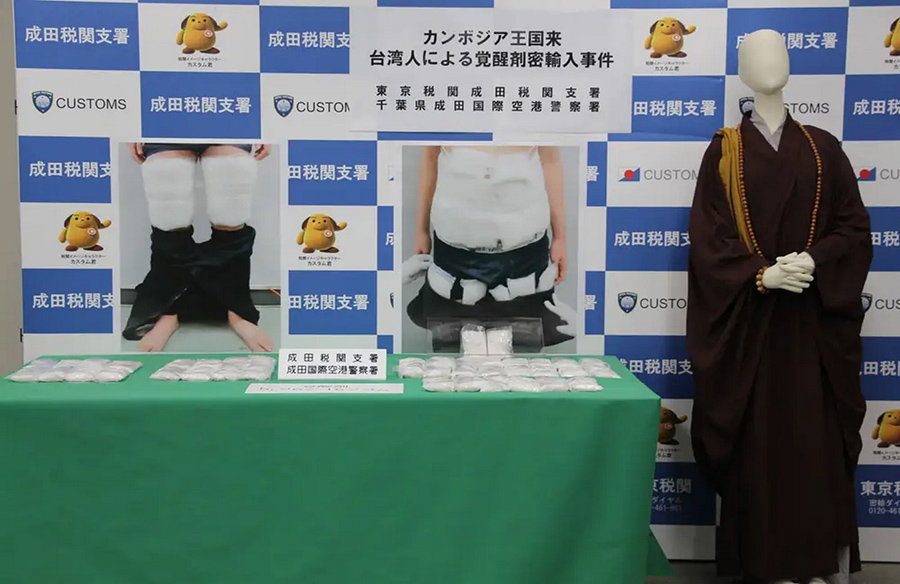As Generation Z navigates the complexities of the modern workplace, they often find themselves grappling with stress and anxiety. However, according to a prominent psychologist, acknowledging these emotions as part of normal life experiences is crucial for their well-being and growth.
Recognizing Normalcy Amidst Mental Health Discussions
Kathleen Pike, a psychology professor at Columbia University and CEO of One Mind at Work, emphasizes the importance of distinguishing between normal emotions and mental illness, especially as discussions surrounding mental health at work become more prevalent. While acknowledging the significance of Gen Z’s openness about mental health, Pike underscores the need to maintain a balanced perspective.
Stress and Anxiety as Normal Responses
Pike highlights that feeling stressed, anxious, or sad in certain work situations is not necessarily indicative of mental illness. Stress, for instance, can enhance cognitive focus and task completion, while anxiety serves as a useful indicator of potential issues in one’s environment. However, she cautions against conflating these emotions with serious mental health conditions.
Finding Balance in Discourse
Pike observes that societal change often leads to overcorrection, where the pendulum swings too far in one direction before finding equilibrium. She suggests that the current emphasis on mental health may lead to an expanded discourse that risks overshadowing the normal fluctuations of human experience. Nonetheless, she remains optimistic that a more integrated perspective will emerge over time.
Challenges Faced by Gen Z
A Deloitte survey from 2023 revealed that a significant portion of Gen Z workers experience frequent anxiety and stress in the workplace. Some are opting for “lazy girl jobs,” seeking roles with lower stress levels but competitive pay. Suzy Welch, an NYU business professor, attributes this trend to Gen Z’s aversion to anxiety, driven by a reluctance to confront difficult decisions or challenges.
Learning and Growth Opportunities
Despite these challenges, Pike believes that ongoing discussions about mental health will ultimately benefit Gen Z, helping them develop resilience and coping strategies. She suggests that facing adversity and overcoming obstacles are integral parts of professional development. By learning to navigate difficult emotions and seek support when needed, Gen Z can cultivate valuable skills for success in the workplace and beyond.
In essence, embracing stress and anxiety as normal facets of life can empower Gen Z to approach their professional journey with resilience, adaptability, and a deeper understanding of their own mental well-being.










